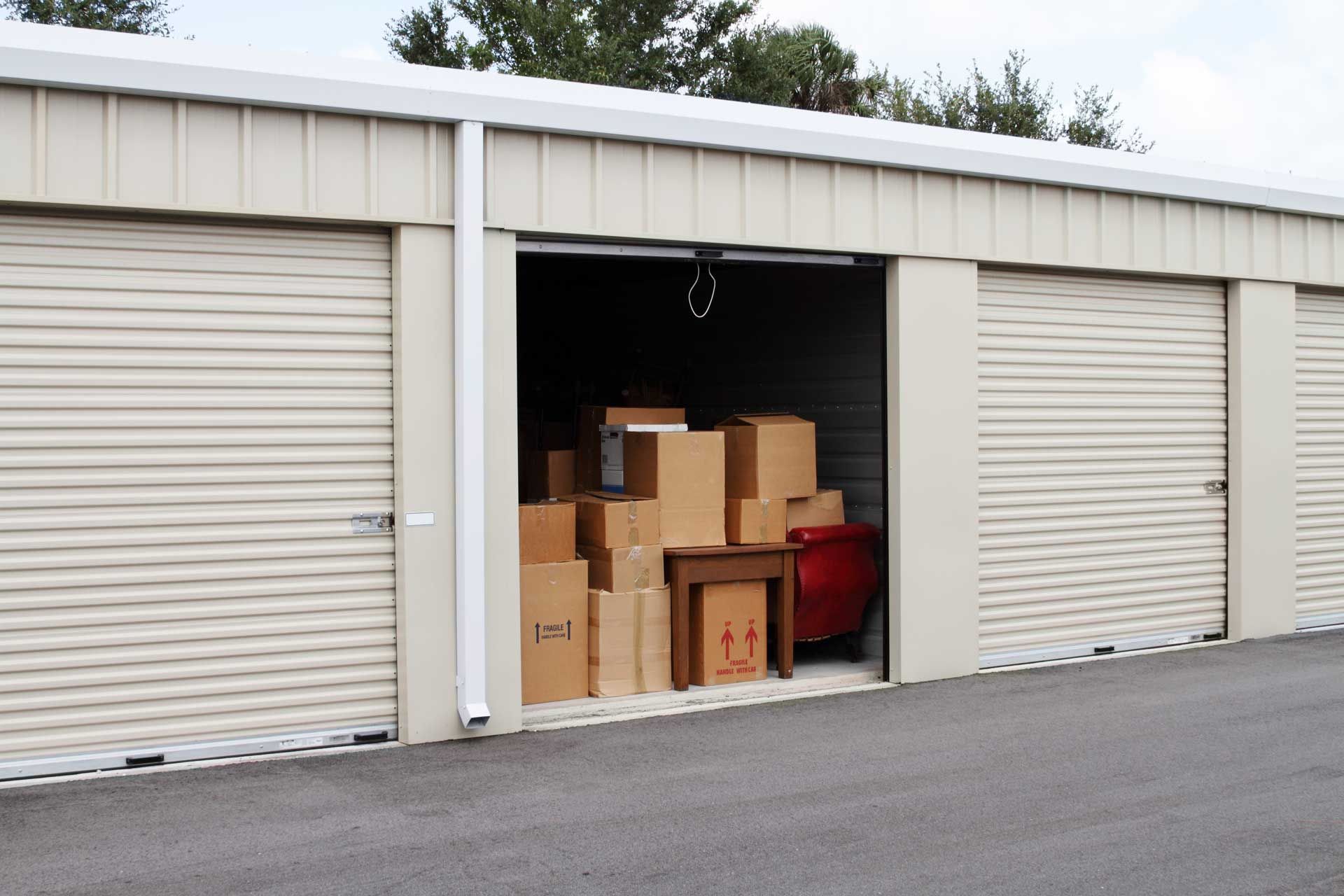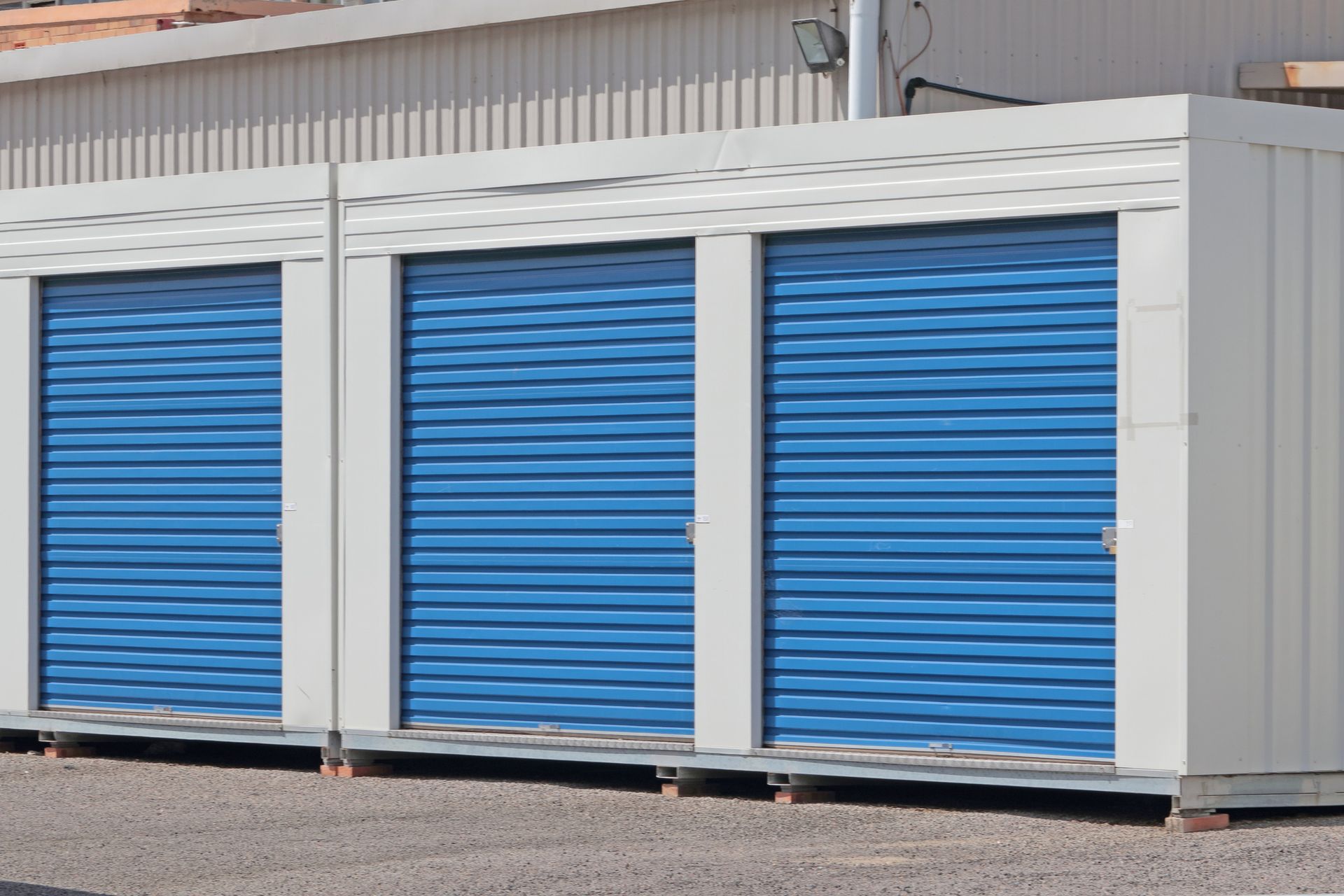Storage Tips & News for the Hunter Region, NSW

🚫 What You Can’t Store in a Self-Storage Unit: Important Guidelines to Know Self-storage is a convenient solution when you need extra space for personal or business belongings. But not everything is allowed inside a storage unit. To ensure the safety of everyone and to comply with legal and facility rules, it’s crucial to understand what you cannot store. Below is a breakdown of prohibited items based on the SSAA Standard Self Storage Licence Agreement—a widely used industry standard in Australasia. 🔥 1. Hazardous or Dangerous Goods Storing hazardous materials poses serious safety risks. Prohibited items include: Explosives (e.g., fireworks, ammunition) Flammable materials (e.g., petrol, diesel, gas bottles, oil) Toxic or corrosive chemicals (e.g., acids, cleaning agents) Asbestos Compressed gases (e.g., oxygen or propane cylinders) These items create a fire, explosion, or chemical hazard, which could harm other tenants or damage the facility. 🧬 2. Items That Pose Health or Safety Risks Goods that can spread disease, attract pests, or pose any health risk are not permitted. These may include: Perishable food Unclean items that attract vermin Biological waste or medical supplies If it’s something that could decay, mold, or attract insects and rodents, it doesn’t belong in storage. ⚖️ 3. Illegally Owned or Acquired Goods The facility terms strictly forbid storing any items that: Are stolen Were acquired through illegal means You have no legal right to possess The facility may cooperate with law enforcement if illegal items are found or suspected. 💎 4. High-Value or Irreplaceable Items Although not explicitly banned, the agreement discourages storing high-value, irreplaceable items, such as: Jewelry Cash Collectibles Important legal documents If losing the item would be devastating or it’s hard to replace, reconsider putting it in a standard storage unit. 🐾 5. Animals and Living Things You cannot keep any animals, plants, or living organisms in your storage unit. Storage units are not suitable environments for life—they lack ventilation, temperature control, and proper light. 🧰 6. Unregistered or Dangerous Vehicles While many facilities allow vehicle storage, they must be registered, roadworthy, and non-leaking. You cannot store: Unregistered vehicles Vehicles with fluid leaks Motorbikes or boats filled with fuel Vehicle parts that may leak or be hazardous Always check with your storage provider if vehicle storage is allowed and under what conditions. 🚫 7. Goods Requiring Special Handling Items that need special environmental conditions (like temperature or humidity control) are not suited for regular storage units. These could include: Artwork Wine Electronics sensitive to climate These items can deteriorate quickly in uncontrolled environments. 📝 Final Thoughts Self-storage is a practical way to declutter or manage space, but it's essential to follow the rules. Storing prohibited items puts your belongings and others’ at risk and may even lead to fines, eviction from the unit, or legal consequences. Always read your storage agreement carefully and, when in doubt, ask the facility staff for clarification.
PACK IT, MOVE IT, STORE IT
Got questions or need storage advice? We’re here to help!


